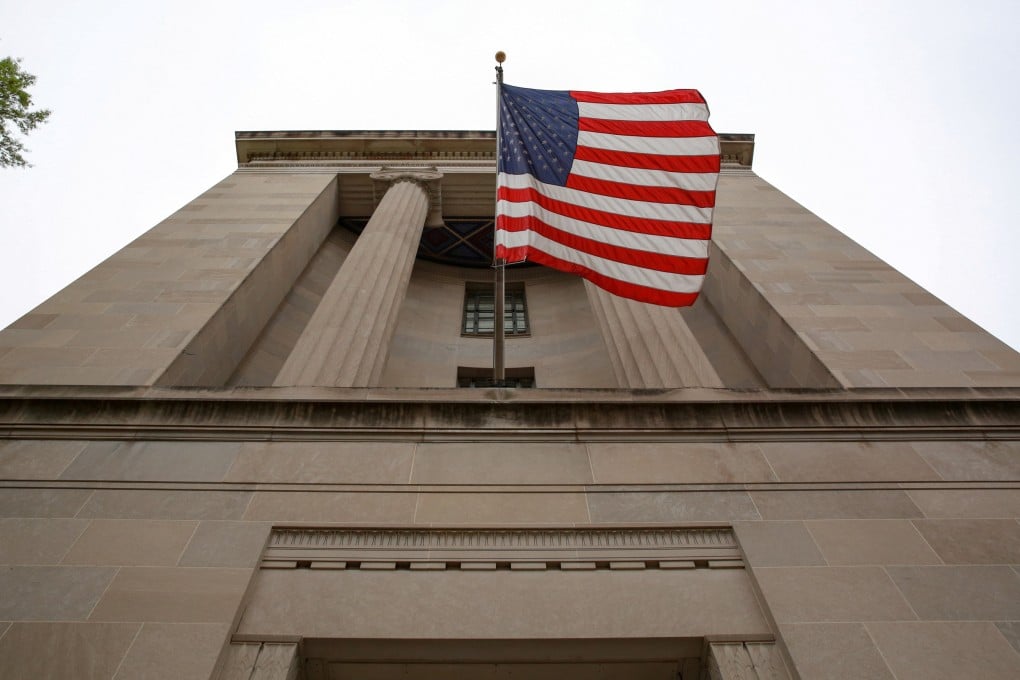Bill reviving US Justice Department’s ‘China Initiative’ passes House of Representatives
A bid to revise anti-espionage programme discredited for racial profiling is part of ‘China Week’ legislation, but White House opposes it

Two Republican bills that would revive the US Justice Department’s “China Initiative” and increase scrutiny of Chinese property purchases passed the House of Representatives on Wednesday, as the White House expressed opposition to both.
The bills, as well as a third concerning the World Health Organization, were passed as part of “China Week”, a House Republican-led effort to advance China-related legislation. About two dozen bills targeting Beijing’s economic, political and technological influence have already been passed since Monday.
All legislation that passes the House must also clear the full Senate before it can be sent to the president’s desk to be signed into law.
The first bill, sponsored by Representative Lance Gooden, Republican of Texas, would launch a six-year “CCP Initiative” under the Department of Justice to curb spying on US intellectual property and academic institutions as well as develop an enforcement strategy concerning researchers in labs and universities. It passed 237-180.